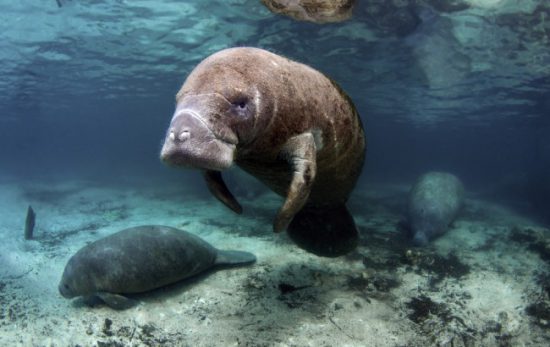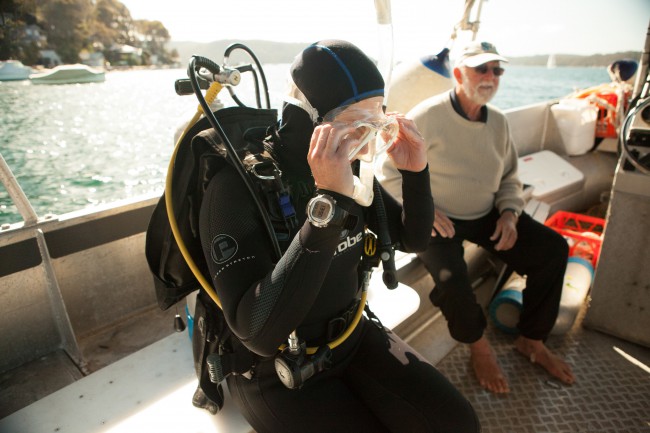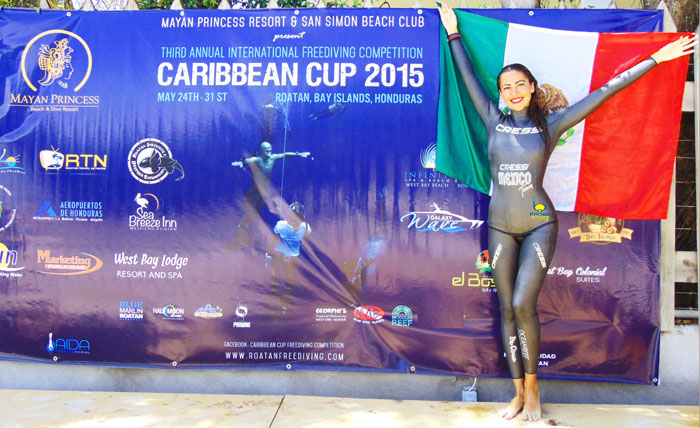
Estrella Navarro recently broke three freediving records for her country of Mexico in one breath during this year’s Caribbean Cup in Roatan, Honduras on June 2, 2015. We caught up with the freediving champion to ask her some questions, so find out more about Estrella’s road to success:
What led to your success in breaking 3 National Records at the 2015 Caribbean Cup?
In freediving, the mental training is even more important than the physical aspect, and I had the opportunity to work both parts before the competition. During a competition like the Caribbean Cup, the pressure of representing your country is great – the judges are watching closely with red cards, cameramen are all around, and yet there is a very precise surface protocol that needs to be completed after your performance when likely you are hypoxic. To succeed in these stressful conditions, I have found the key is relaxation. I breathe deeply and calm myself by saying, “You have trained hard, you are capable, and enjoy being in the water.” This prepares my mind to allow my body to do what it knows how; then I am ready to compete.
Can you tell us about what your body goes through while competing in freediving?
When freediving, one main challenge for the body is water pressure. Every 33 feet/10 meters is equivalent to the weight of our entire atmosphere, which is referred to one atmosphere of pressure. When scuba diving you have compressed air to breathe, however when freediving, the air in your lungs was taken on the surface and it compresses as you go deeper, and the lungs become smaller (inversely proportional to the pressure).
For some time, it was believed that a human’s lungs would collapse at 164 feet/50 meters of depth during freediving, but thanks to a physiological response, the body protects itself by activating a mechanism called Blood Shift. This is when the lungs are surrounded by blood (which is not as compressed as air) and will remain intact even after being at depth. During my freediving career, I have reached 226 feet/69 meters.
After many years of training, I stopped felling the pressure on my chest, however it is always necessary to equalize the ears in a fast, precise and gentle way to be able to dive deep. Now when freediving, my body goes into a relaxation mood, almost like sleeping, and my body only expends energy in the movements while I am swimming and in the alignment while I am gliding.
What inspired you to first try freediving?
I believe that the concept of doing something beyond common human abilities was a very appealing aspect of freediving. However, I first tried freediving in a circumstantial way: my father was a swim teacher and my love for the water began when I was just a baby. Then, five years ago I met Aharon Solomons, an excellent freediving instructor, who understood how to awaken my passion for this sport. I was practicing some exercises in an Olympic swimming pool and Mr. Solomons noticed me and said, “With your great swimming style, if you can equalize your ears, you can become the freediving champion of Mexico in few months.” That sounded pretty crazy to me, however my answer to him was, “When do we start?” Just three months later I broke my first national record. Every day I feel like I am accomplishing something new – reaching more depth and longer breath holds. And my passion for this sport just continues to grow.
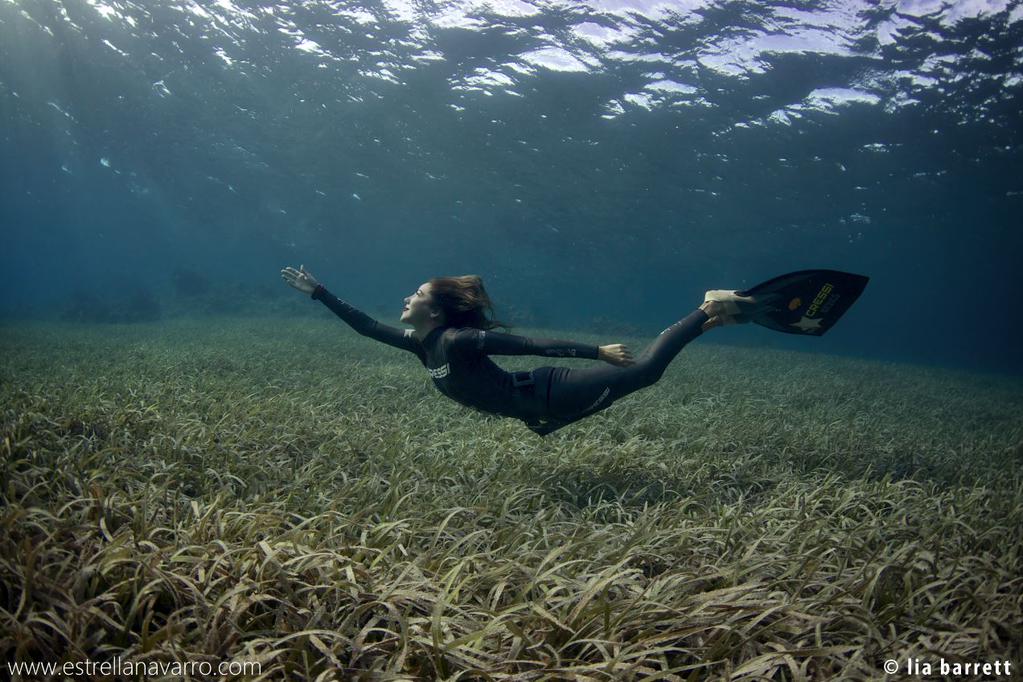
What has been your biggest achievement in your freediving career so far?
My biggest achievement in terms of a freediving competition was winning the Bronze Medal for my country, México, in the World Championships competing against more than 150 athletes from 24 countries. In a more personal way, freediving has gotten me to different desired states of mind through breath control.
How many days a week do you exercise and train?
I usually train five days a week – two days in the sea and three days split between pool and land exercises. I also meditate every day, including exercises to control my breathing. For training and fitness tips from Estrella, check out the blog A Champion Freediver Discusses Fitness Tips for Scuba Divers.
What do you enjoy most about being a freediving instructor?
I greatly enjoy teaching because I believe there is nothing more rewarding than to share and transmit your knowledge to others. We all have a necessity to transcend and what could be better than giving others the opportunity to experience some of my biggest passions in life: water and freediving.
What is your opinion about freediving education and certification? Is it necessary?
Freediving can be a fun activity, but if it is not practiced properly, it can be dangerous. I think that education about the rules of safety should be required before practicing in the water. Also, you will find that with education you will learn the best form and will really enjoy and be part of the marine environment, experience longer breath holds and dive deeper in a responsible and fun way!
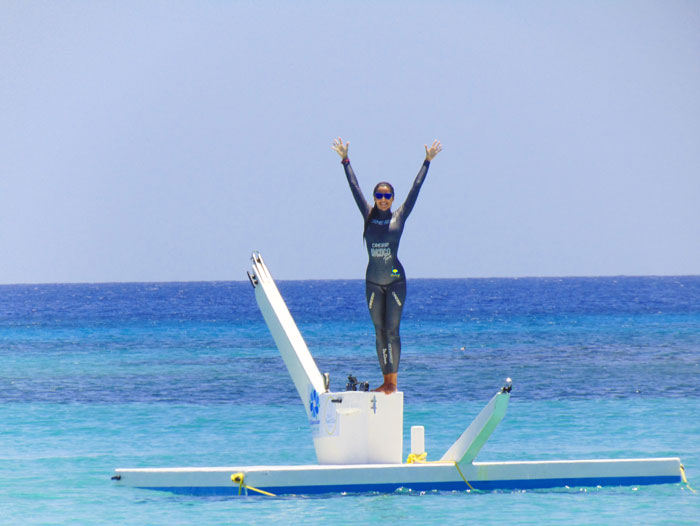
When did you become a PADI diver and what do you enjoy most about scuba diving?
I became a PADI diver even before learning to free dive. Nine years ago, I was studying marine biology at a beautiful reef in La Paz, México. While diving around the reef, we saw pink and orange anemones, colorful fish, purple sponges, white sand that contrasted with the volcanic rocks and the turquoise color of the water. I felt the sensation of being able to stay underwater for an extended period of time, being able to appreciate all the beauty, with no noise just bubbles, and being able to share it with my best friend. I was hooked and continued my dive education to become a PADI Advanced Open Water Diver to be able to dive in sunken boats and other amazing places. When I scuba dive, I appreciate all the natural beauty of the underwater world, and I am planning to continue to explore where there are no horizons and no limits.
What advice/inspiration do you have for people who are just getting into freediving?
Remember safety comes first. It is great to have goals; always find the confidence inside you to reach them, but with prudence. As with any sport, pay close attention to your breathing; if you can control your breath, you will be able to control many other aspects of your body and this will improve your performance. What we may not realize is that the mind, body and breath are intimately connected, and therefore, it is imperative to focus our attention to our breath in order to achieve a state of mind or prepare our bodies for an activity. If you need to relax yourself for a competition, take some deep diaphragmatic breaths, exhale slowly and imagine your body and mind relaxing while you exhale.
To follow Estrella’s future adventures, visit her website: www.estrellanavarro.com. To see Estrella in action, visit your local PADI Dive Center and pickup a copy of the PADI Open Water Diver manual and DVD.
*Photos courtesy of freediving champion Estrella Navarro / estrellanavaro.com
